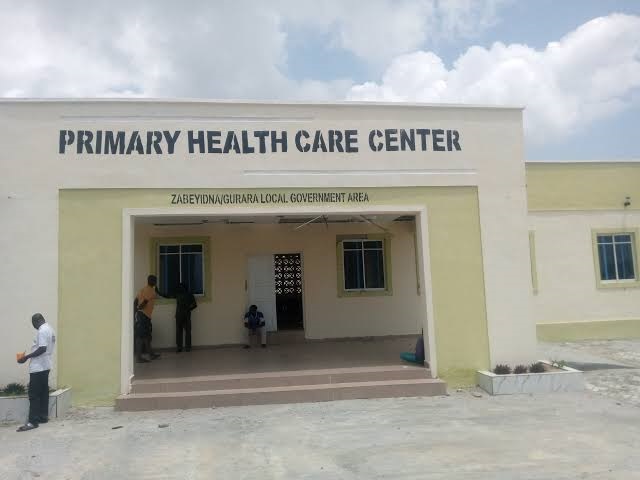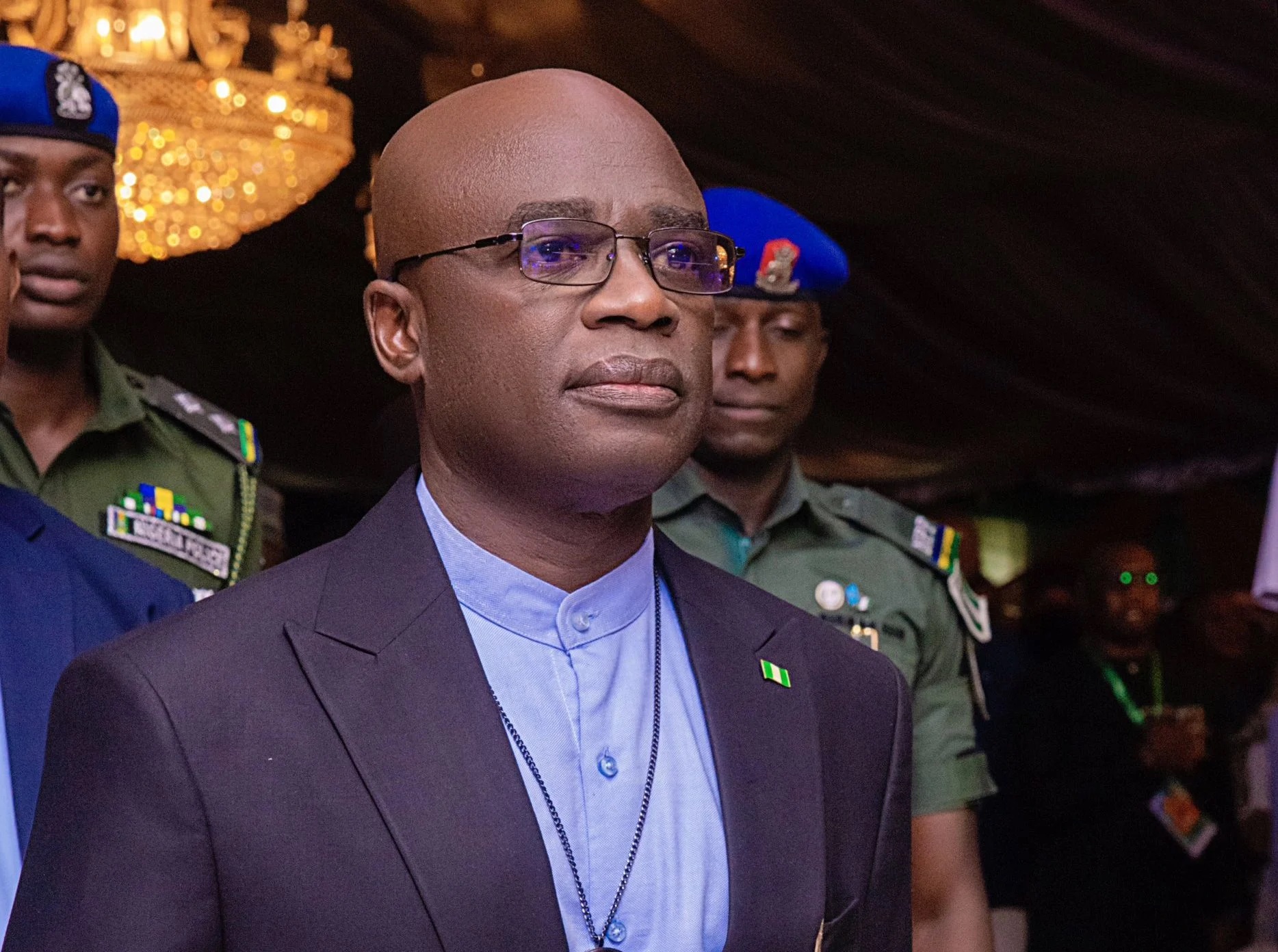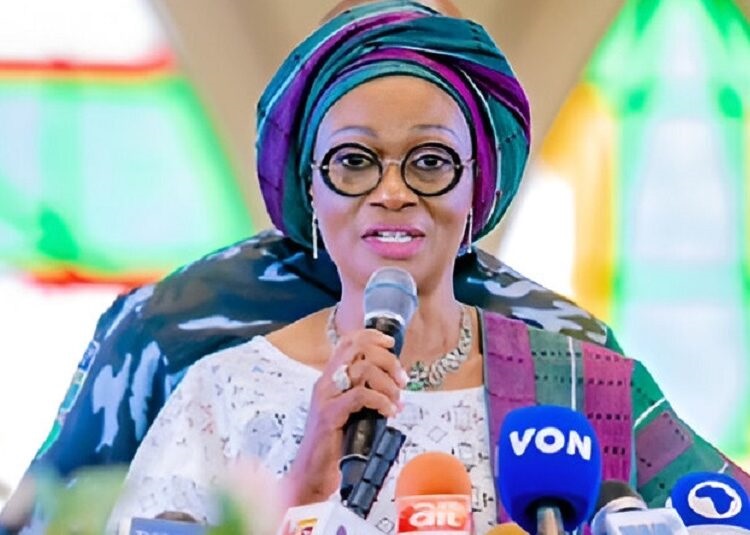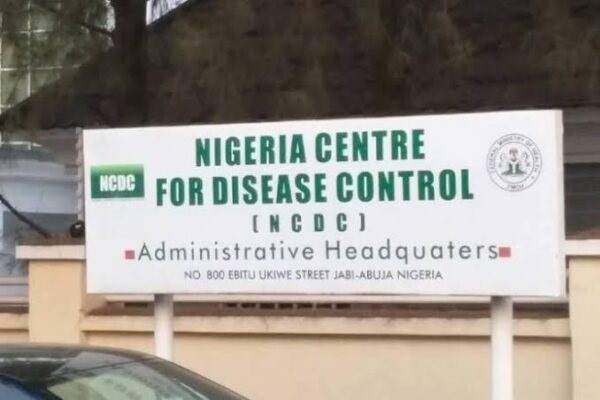Nigeria has channelled more than ₦192 billion into primary healthcare facilities over the past five years under the Basic Health Care Provision Fund (BHCPF), as authorities seek to strengthen the country’s fragile health system.
Speaking after a National Health Financing Policy Dialogue in Abuja, Dr Muyi Aina, head of the National Primary Health Care Development Agency, said allocations had been increased under “BHCPF 2.0” to reflect rising costs. Facilities now receive between ₦600,000 and ₦800,000 quarterly, double the previous average.
Aina said the government is committed to improving accountability by piloting a direct funding mechanism in several states, ensuring payments for drugs and staff salaries go directly into traceable accounts. “These are the sorts of things we are trying to do to ensure that funds reach their targets without leakages,” he said.
Despite progress, challenges persist. Out-of-pocket expenditure still dominates healthcare financing, while the government’s contribution remains low. Aina also disclosed that 15 to 25 per cent of vaccines outside major campaigns cannot be accounted for, citing possible wastage, inaccurate population estimates, or inefficiencies.
Investigations are underway into discrepancies at state level, with some areas reportedly consuming four times more vaccines than their recorded coverage. The government has reduced its projected vaccine procurement bill for the next five years by one-third, from $1.5 billion to $1 billion, through improved planning.
Officials say the reforms are part of a wider push to create a more sustainable, equitable, and efficient health financing model for Nigeria’s 200 million citizens.





